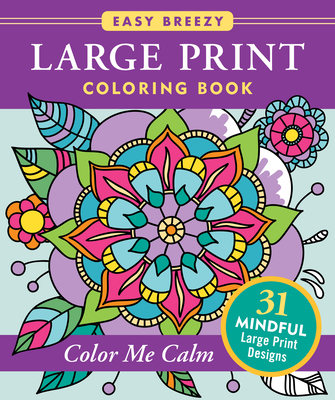
Viéville, Camille
product information
description
ry and symbolism of colors, as used in artworks throughout the ages, from prehistory to the present day. Color, which has the power to impart meaning or express emotion, has fascinated humans for millennia. This comprehensive, illustrated guide demonstrates how color--through different periods, cultures, and artistic movements--has been used in art: from the black, red, and white pigments first used in prehistoric cave paintings to the muted tones of Gabonese Punu masks replete with spiritual significance, or from Andy Warhol's Gold Marilyn Monroe with its flashy hues borrowed from the advertising world to the signature outrenoir (beyond black) of the late Pierre Soulages. From oil painting to optical art, this international history of color unfurls over thirty major periods in the development of color in the arts, elucidating their characteristics, key works, and exponents. The symbolism given to a particular color and how such associations have evolved over time is revealed. A gallery of sixty works that are remarkable for their extraordinary use of color includes the explosion of light emanating from Joseph Mallord William Turner's Light and Colour (Goethe's Theory), the fleeting moments of dawn depicted with broken brushstrokes and colorful intensity in Monet's Impression, Sunrise, and the acidulous tones of David Hockney's portrait My Parents. A final chapter examines the materials and techniques used to achieve chromatic effects. Complete with extensive cross-references, this accessible guide allows readers to discover more about a particular movement, theme, or technique, and offers an enlightening and polychromatic overview to the history of color in art.
member goods
No member items were found under this heading.
listens & views

FLT CTO OP 10-NICOLE
by VIVALDI / NICOLET,AURELE / WURRTTEMBERGISCHES ORCH
COMPACT DISCout of stock
$10.25
Return Policy
All sales are final
Shipping
No special shipping considerations available.
Shipping fees determined at checkout.






